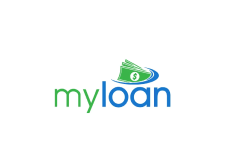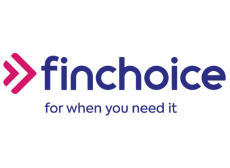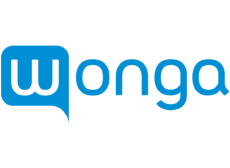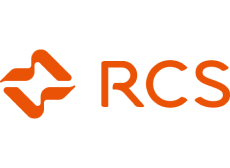How to Get the Best Boat Loan
Buying a boat or other recreational property is an exciting experience, but it is important to get the right boat loans in South Africa to make sure you have the funds to buy the boat of your dreams. Here are some tips to help you get the right loan for your boat.
Secured vs unsecured
Whether you are a first time boat buyer or are looking for financing for your next boat, you may be wondering which type of loan is right for you. There are two types of loans available to you: secured and unsecured. Each has its advantages and disadvantages. Understanding the differences between these two types of loans is essential. You may be able to finance your boat with one type of loan, but if you want to keep your expenses down, you may want to choose the other type.
The terms and conditions of your boat loan will depend on several factors, including the type of lender you choose, your income, your credit score, and your personal situation. However, you can generally expect to pay a higher interest rate on an unsecured loan. Secured loans are generally easier to obtain, and they offer the security of a loan that you can repay. This type of loan is especially beneficial for boat loans, as you have the assurance that you will be able to repay your loan.
Unsecured personal loans do not require any type of collateral, which means that lenders consider them a riskier loan. This type of loan is based primarily on a consumer’s credit score and financial reputation. If the consumer defaults on the loan, the lender can repossess the property. In addition, unsecured loans may have higher interest rates and stricter terms than secured loans.
In addition to the Wonga loans, you may also choose between loans that offer a fixed rate of interest or loans that offer a variable rate of interest. This can affect the amount you pay, and may lead to lower interest rates, but higher monthly payments. Also, you will usually need to pay a down payment to reduce the total amount you owe. Some lenders may offer a 90-day deferred loan, which allows you to postpone payments for three months. You may also qualify for a specialist boat dealer loan, which will allow you to finance only a certain type of boat. The amount you qualify for and the terms of your loan will vary, so make sure to consult a financial planner before you make any decisions.
Paying down debt to reach a level below 50% before applying for a boat loan
Getting a boat loan is no walk in the park. While some banks will approve your application as soon as you walk in the door, most will require you to fill out an application and provide a down payment before you can take a gander at the boat. The amount you have to pay will depend on the type of boat you want to purchase and the loan term that you have negotiated with the lender. It’s a good idea to shop around before you sign on the dotted line to get the best deal. If you have a good credit rating, you might be able to negotiate for a lower interest rate. Alternatively, you could also apply for a second mortgage or home equity R20000 loan on your property.
Shipping financing
Maritime transport is an important element of South Africa’s economic development. However, the sector has experienced negative growth in recent years. This has meant that a number of smaller banks have been cutting back on new lending. However, the public sector continues to play an important role in financing maritime transport infrastructure.
Ship finance has evolved over the last ten years, with new sources of funding entering the industry. Among these are alternative financing outfits, which provide financing directly to small to medium sized ship owners.
The recent global financial crisis and regulatory scrutiny have led to a number of European banks cutting back on shipping financing. However, a number of other banks continue to operate in the industry. Its shipping finance business has financed over 190 vessels worldwide. It is also active in commodities and bunker fuel finance.
One of the most significant changes to the ship finance industry in the past ten years has been the introduction of private equity. After the global financial crisis, many private equity firms began investing in the shipping industry. They have also begun investing in loans from traditional banks.
Shipowners are increasingly interested in convertible debt and preferred equity structures. However, these alternative financing sources often come at a higher cost. This is because they have higher stakes and a higher initial interest rate.
Ship financing is also more complex. This is because ship owners must match their loan requirements to that of the creditor. This means that the loan should not exceed the price of the vessel.
Traditionally, shipping finance is paid in monthly installments. However, the market is also seeing more interest in high-yield bonds. These bonds are expected to follow the capital markets as the primary source of funding.









